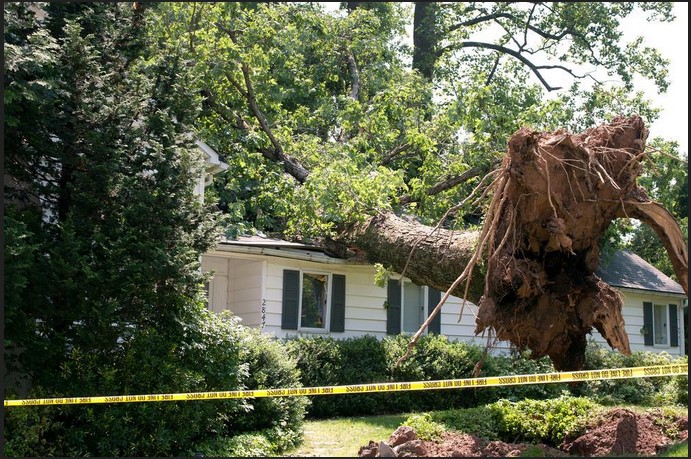Disaster Repair Services Get Your Family Members Prepared
 Natural disasters can catch us unawares. In this situation, do you know the right steps to take? Can your kids take care of themselves in times of emergencies? If your child happens to be home alone when disaster strikes and doesn’t know what to do, they could most likely get hurt. This disastrous incident can leave them traumatized for years. Teaching your kids what to do in the event of an emergency will not only protect them but also prevent property damage that may amount to costly disaster repair services.
Natural disasters can catch us unawares. In this situation, do you know the right steps to take? Can your kids take care of themselves in times of emergencies? If your child happens to be home alone when disaster strikes and doesn’t know what to do, they could most likely get hurt. This disastrous incident can leave them traumatized for years. Teaching your kids what to do in the event of an emergency will not only protect them but also prevent property damage that may amount to costly disaster repair services.
Teaching kids the right ways to protect themselves is not the sole responsibility of the parents but also requires community involvement. With everyone doing their bit in sensitizing our youths, they will remain calm even amid a natural disaster, simply because they are already prepared.
Steps to Getting Youths Prepared for Emergencies
Nobody likes to think about the adverse effects of disaster on their families or communities. Regardless of the type of disaster, be it a tornado, hurricane, or wildfire, being prepared can save lives. Disasters are unfriendly and unwanted guests, but being ready can protect you and your property from costly damage
Here are some useful tips to get help your youths stay prepared for emergencies and disasters
-
Educate your kids on the dangers associated with disaster and what they should do.
-
Stay updated with online platforms and resources that share disaster-related information. You can subscribe to these services to receive regular updates and alerts. This will help you and your kids stay informed
-
Teach them what to do in the event of a fire. Examples include feeling doorknobs for heat before opening them or getting low to avoid smoke. Create a fire escape plan for the family and make it accessible to everyone.
-
If you reside in an area prone to natural disasters like tornadoes, or hurricanes, teach your kids the different warning signs and the safest place to go.
-
Educate them on the importance of emergency numbers. They shouldn’t hesitate to dial 911 on their mobile phone in emergency situations. More importantly, they should be able to describe clearly their exact location using specific landmarks if possible
-
Decide on a family member or close ally that everyone can run to in an emergency situation where everyone is separated.
-
Practice! There is no other way to determine whether or not the information sticks than practicalizing. Go for swimming lessons for flood-related cases and have fire drills. This drill should center around disasters that are common within your area. To make it interesting and engaging for the entire family, try making it a game.
Get a Family Disaster Kit
Get your family disaster kit ready well in advance. In the heat of the moment, you may not be in the right state of mind to put together these essentials. So get it ready ahead of time and make it accessible to everyone. A family disaster kit should include the following:
-
A first-aid kit
-
Water
-
Light source – flashlight, chargers, and batteries
-
Spare clothes
-
Supplies
-
Medications
-
Non-perishable foods





